Play Time Is Not Just For Kids
Conscious Lifestyle
Conscious Lifestyle
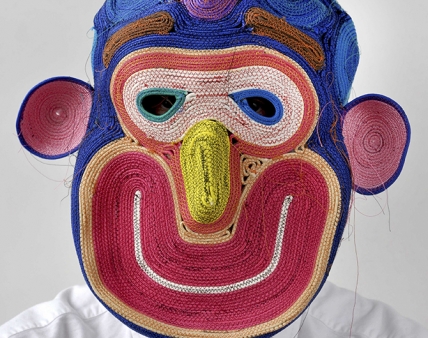
You can discover more about a person in an hour of play than in a conversation. –Plato
When was the last time you set aside time to be playful? To actually play. Like you did as a child-carefree in wonderment? Psychological research has proven that childhood play is vital in healthy brain and personality development. Some studies argue that physical playtime can be more important than time spent ‘learning’ in the classroom by traditional reading and writing practices.
Several years ago NPR did a program on the importance of adult play arguing that ‘adults need recess too’.
Yet society at large tends to dismiss adult play. We liken in to laziness or carelessness and a lack of focus on ‘real work’.
“The only kind [of play] we honor is competitive play,” according to Bowen F. White, MD, a medical doctor and author of Why Normal Isn’t Healthy.
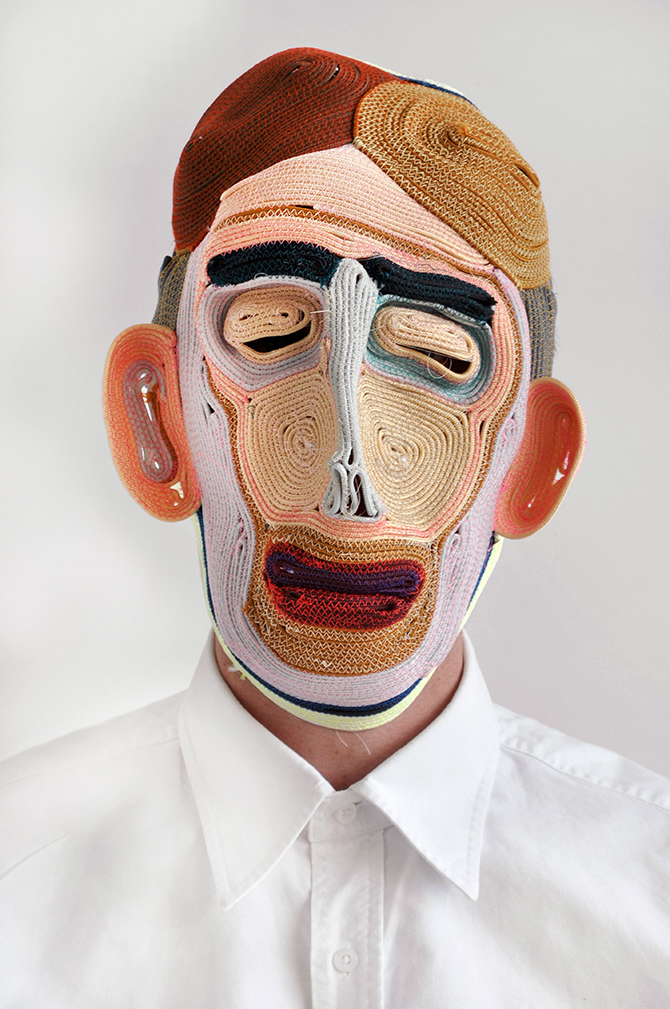
Yet an increasing body of research is compiling suggesting that adults need creative play just as much as children. Playing is connecting. Aside from the more commonplace competitive ‘game’ play activities such as recreational adult sport leagues, there has been an amass of adult play tools such as the recent adult coloring book craze, adult only roller skating rinks and even an adult bouncy castle opening in London.
According to Dr. Stuart Brown, a play researcher and psychiatrist out of CA, adult play may actually increase our intellect.
“Of all animal species, humans are the biggest players of all. We are built to play and built through play. Most obviously, it is intensely pleasurable. It energizes and enlivens us. It eases our burdens.”
Brown says that children have a lot to learn from what he calls this "state of being," including empathy, how to communicate with others, and how to roll with the punches.
"Those kinds of resilient learning processes [are] different than what occurs in adult play," he says. "But the harmonics of this occur in adulthood as well."
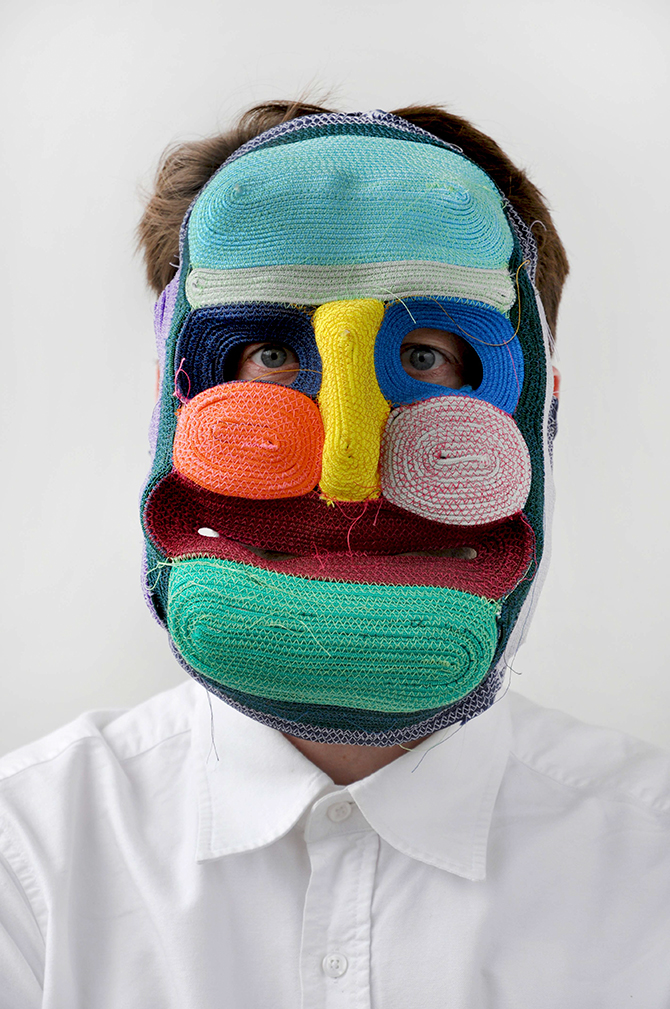
Work related to his nonprofit organization the National Institute of Play helps to emphasize the importance of adult play. Dr. Brown defines play as such:
"Play is something done for its own sake," he explains. "It's voluntary, it's pleasurable, it offers a sense of engagement, it takes you out of time. And the act itself is more important than the outcome." He notes the overt lack of joy and perseverance in work becomes lessened when play deprivation takes place. Life simply becomes to feel more difficult and ‘heavy."
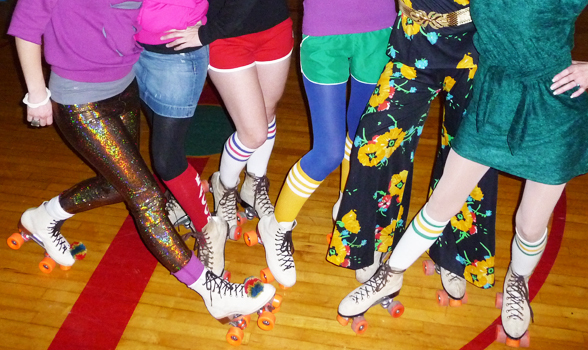
What we as adults tend to forget is that play is all around us at all times. Play can come in many forms. Forms that are completely unique to you. Dr. Brown describes play as living in art, movies, daydreaming, comedy, music and even flirting. Being playful is having fun-whatever that means to you. He actually likens play to oxygen. He writes, “…it’s all around us, yet goes mostly unnoticed or unappreciated until it is missing.”
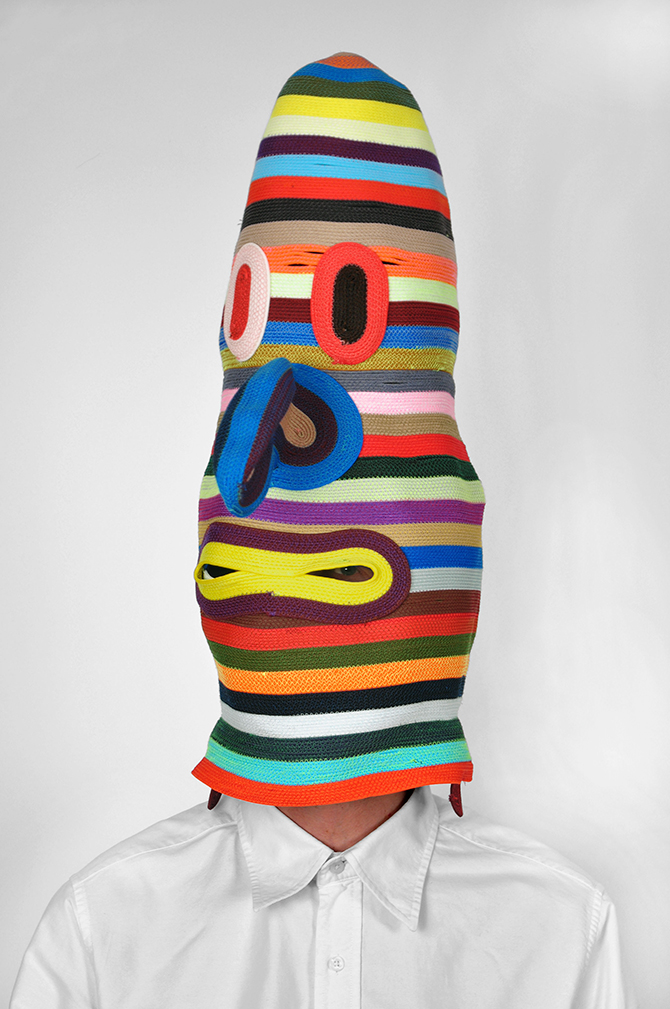
In his decades of research collecting over 6,00 ‘play histories’ of everyone from Nobel Prize winners to artists to executives to prisoners, Dr. Brown found that a lack of play was of equal importance to other factors in predicting criminal behavior. His work has also focused ton the role play can have in relationships and the deepening of connections of couples and even strangers. Play cultivates healing as showcased in the film starting Robyn Williams, Patch Adams, with whom Dr. Brown has worked.
There is a biological component to the human need for playtime as well. Michael Ghiselin proposed that play, as well as art, science, religion, and morals, are the products of artificial selection. He observed that people who are playful are less likely to do harm to each other: “We seek their company and cherish them, and this may reasonably be expected to increase their Darwinian fitness” In an article published in the Journal of Play titled, ‘Play and Mate Preference Testing the Signal Theory of Adult Playfulness’ authors Garry Chick Careen Yarnal Andrew Purrington make an excellent point highlighting the role play has in helping us define who we are:
“In an ultimate sense, play has helped make us who we are, as adults; and in a proximate sense, it has made being an adult much more fun than it might have been otherwise.”
Don’t wait. Go play! Whatever feels freeing to you. Drop the guilt attached to giving yourself permission to just HAVE FUN!
Artwork by Studio Bertjan
